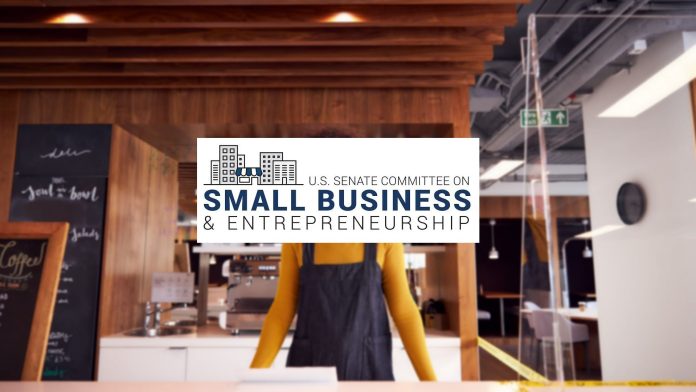Small business owners are facing an increasingly precarious environment as they grapple with the implications of tariffs imposed by the previous administration. Recent remarks by Senator Edward J. Markey (D-Mass.) highlight the severity of the situation, branding the economic fallout from these tariffs as nothing short of a “small business death sentence.” His comments came during a press conference on May 21, 2025, where he, alongside various small business owners, condemned the ongoing impact of what they consider reckless tariff policies.
Markey’s criticism follows the blocking of his proposed legislation, the Small Business Liberation Act, which aimed to exempt over 34 million small businesses from these tariffs. With reciprocal tariffs set to return in July after a temporary pause, the urgency for action is palpable. Markey asserted, “What Republicans and President Trump don’t get is that these tariffs are devastating to small businesses,” underscoring the plight of many entrepreneurs who are already facing heightened challenges.
Several small business owners shared their personal experiences, illustrating the immediate threats they encounter due to these tariffs. Eva St. Clair, Co-Founder and Chief Creative Officer of Princess Awesome, noted that her business is at risk of financial collapse due to excessively high import tariffs. “I will be handed a bill from the United States government for 37% of their cost,” she stated, emphasizing that unlike larger corporations, small businesses often lack the financial buffers to absorb such shocks.
Similarly, Mike Brey, President of Brey Corp and Hobby Works, highlighted the broader implications for the toy and hobby industry, which heavily relies on international sourcing. “These broad tariffs – applied suddenly and with little thought for their effect on small businesses – are causing harm right now,” he explained. Brey emphasized the significant uncertainty surrounding the tariffs, which complicates planning for the crucial holiday season.
The challenges faced by small businesses in accessing essential supplies are underscored by Rachel Rozner, Owner of Elden Street Tea. She pointed out that due to tariffs, her suppliers are either withholding shipments or significantly raising prices, placing her business in jeopardy. “If I can’t sell tea, I can’t pay rent. I can’t keep my staff. I can’t stay open,” Rozner lamented, highlighting the fragility of her situation.
Kim Meckwood, Owner of Click & Carry, expressed frustration regarding the unpredictability of trade policy. Having invested significantly in research and development to shift some manufacturing to the U.S., she lamented the lack of foresight from policymakers. “I cannot make decisions based on 90-day delays,” she said, urging for stability that would allow businesses like hers to flourish rather than live in constant chaos.
This sentiment was echoed by Richard Trent, Executive Director of Main Street Alliance. He asserted that had the Trump Administration consulted small businesses early on, it would have revealed the disastrous consequences of the tariff policies. “Congress must do its job and protect small businesses from harmful policies,” he urged.
The urgency of the matter is reflected in a survey conducted by Small Business Majority, revealing that 53% of small businesses worry about the negative impacts of tariffs on their operations, while 77% express concerns regarding the broader economic ramifications. As John Arensmeyer, Founder and CEO of Small Business Majority, stated, “Tariffs should not be imposed without regard for their impact.” He called for immediate action from Congress to prevent further damage to small firms.
The backdrop of these discussions is a broader concern for the future of small businesses in America, particularly as they continue to recover from the impacts of the COVID-19 pandemic. Without significant policy changes, many small business owners find themselves at a crossroads, facing challenges that could undermine their livelihoods.
Markey remains a vocal advocate for small businesses, pushing for measures that prioritize their needs amidst a tumultuous economic landscape. His commitment to this cause is reflected in his previous actions, including a virtual listening session with small business owners and a detailed report on the crisis affecting them due to the Trump tariffs.
As the conversation continues, small business owners must navigate their way through an increasingly complex economic environment, keeping a close eye on legislative developments that could either hinder or help their recovery efforts. For more information on the legislative efforts related to the Small Business Liberation Act, visit the original post here.
Image Via Envato: SouthworksStock



